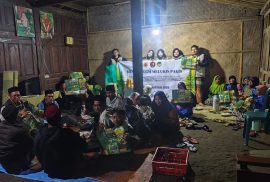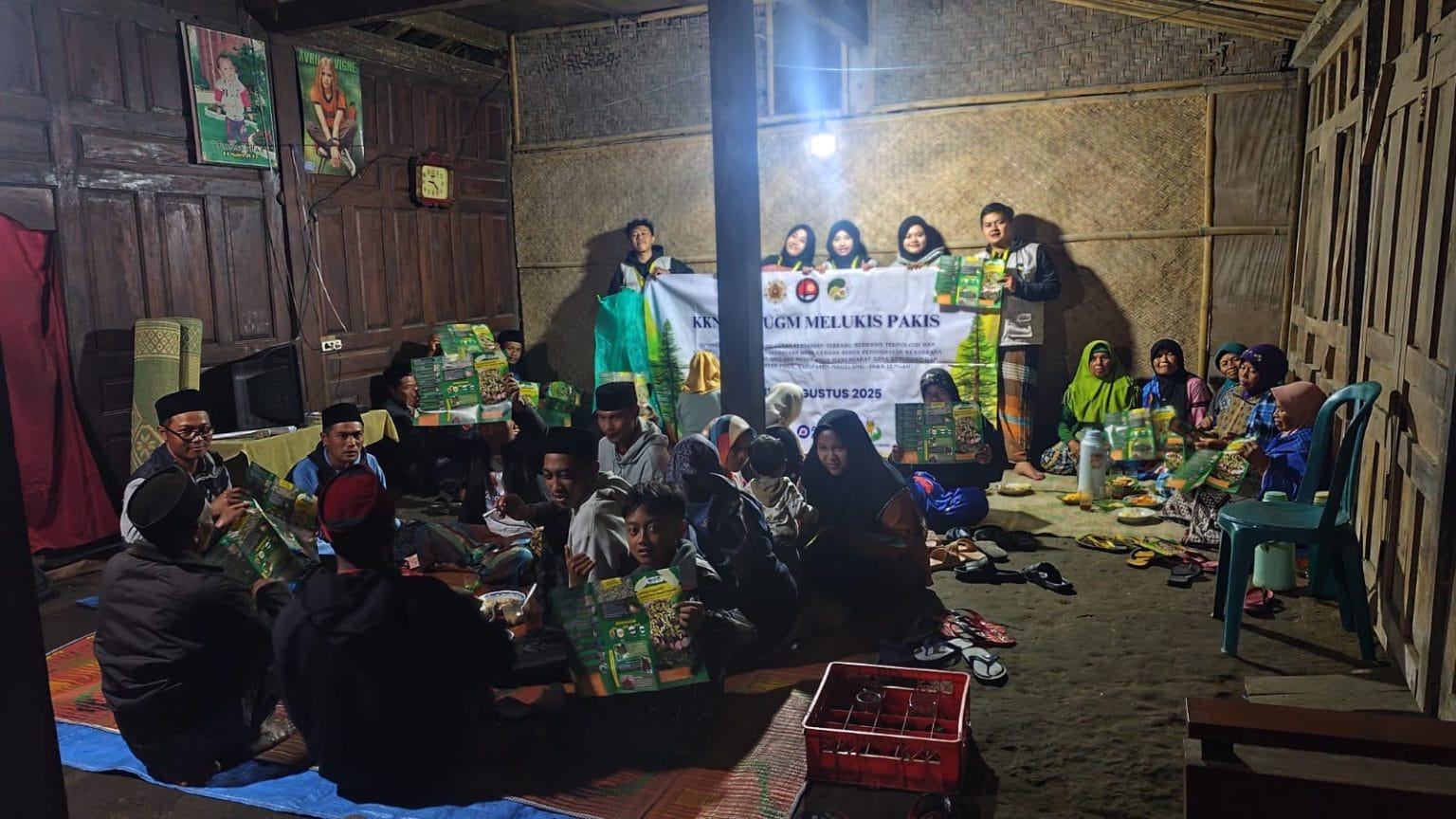
The Faculty of Agriculture, Universitas Gadjah Mada (Faperta UGM), officially launched the Summer Course on Sustainable Tropical Agriculture 2025 (SC-STA 2025) on Monday, 21 July 2025, held virtually via Zoom. Carrying the theme “The Journey of Coffee from Seed to Cup,” the program brought together 52 participants from diverse educational levels and professional backgrounds, both from Indonesia and abroad, including Gambia, Sudan, the Philippines, Singapore, Pakistan, India, Ghana, Bangladesh, Myanmar, Vietnam, Malaysia, and Indonesia.





